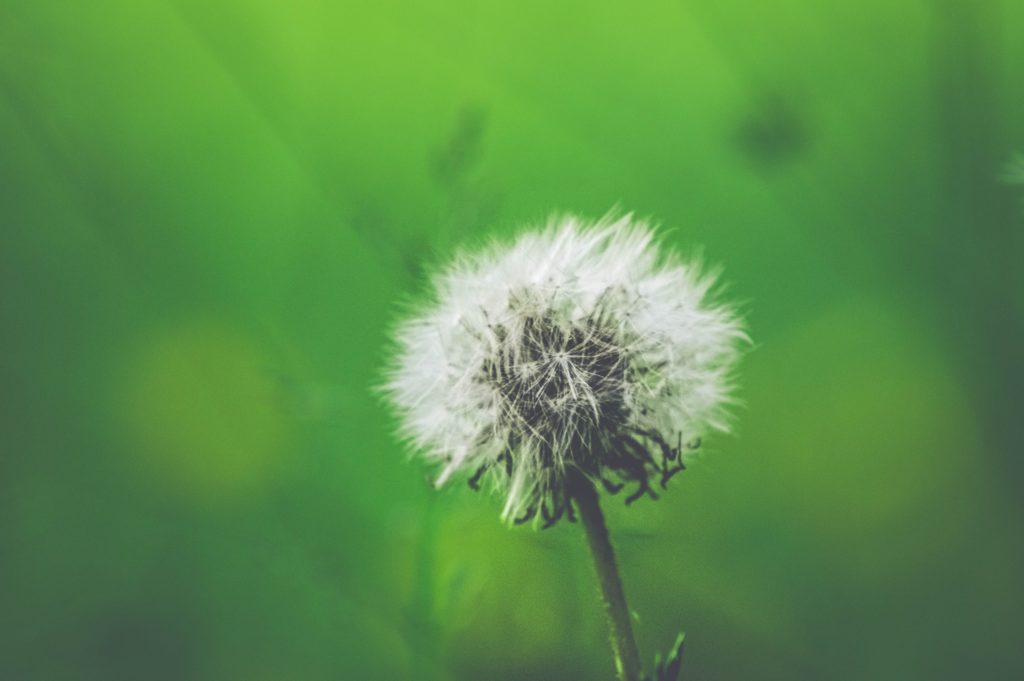
Acupuncture for Allergies: Can It Provide Lasting Relief?
Allergies affect millions of people worldwide, and their prevalence continues to rise. Symptoms such as sneezing, congestion, and itchy eyes can be uncomfortable and disrupt daily life. While many turn to over-the-counter medications or allergy shots, others seek alternative therapies like acupuncture. In this article, we explore the effectiveness of acupuncture for allergies and answer common questions about this traditional traditional Asian medicine practice. Dr. Kihyon Sohn, a licensed acupuncturist and herbalist in Beaverton Oregon, provides effective treatments for various allergies using acupuncture and natural herbal granules.
What is the best acupuncture point for allergies?
According to traditional Asian medicine, there is no single “best” acupuncture point for allergies. Acupuncture practitioners consider each person’s unique symptoms and medical history to develop a personalized treatment plan. It is essential to use LI4 and LV3 to address energy and blood flow. In addition, the two acupuncture points can balance yin and Yang, energy and blood, and the upper body and lower body. When the body is in harmony, it can get more ready to protect against any external pathogen.
What does traditional Asian medicine say about allergies?
In traditional eastern medicine, allergies arise from an imbalance in the body’s energy, or qi (pronounced “chee”). The body’s immune system mistakenly identifies harmless substances, such as pollen or dust, as threats and launches an attack. Traditional Asian medicine aims to restore the body’s balance to alleviate symptoms and prevent future allergic reactions.
Can acupuncture help with sinus and allergies?
Acupuncture may help alleviate sinus and allergy symptoms by reducing inflammation and improving immune function. Studies found that acupuncture improved nasal airflow and reduced congestion in participants with seasonal allergies. Acupuncture also improved symptoms in allergic rhinitis participants (nasal passages inflammation).
What is the best way to fight allergies naturally?
Several natural remedies may help alleviate allergy symptoms, including:
- Quercetin: a natural antihistamine found in foods like onions, apples, and berries.
- Neti pots: a device used to flush out the sinuses with a saline solution.
- Probiotics: beneficial bacteria that may improve gut health and boost immune function.
- Local honey: may help desensitize the immune system to pollen allergens.
While these remedies may provide temporary relief, consulting with a healthcare professional before trying any new treatment is essential.
Can acupuncture lower histamine levels?
Histamine is a chemical released by the immune system in response to allergens, which causes symptoms like sneezing and itching. While acupuncture does not directly lower histamine levels, it may help regulate the body’s immune response and reduce inflammation, alleviating allergy symptoms.
What is the best therapy for allergies?
The best allergy therapy varies depending on the individual’s symptoms and medical history. Some standard treatments include:
- Antihistamines: medications that block the effects of histamine in the body.
- Nasal corticosteroids: prescription medications that reduce inflammation in the nasal passages.
- Immunotherapy: a treatment that gradually exposes the immune system to increasing doses of allergens to desensitize the body to their effects.
- Acupuncture and herbal medicine: a traditional eastern medicine practice to improve energy flow and alleviate symptoms.
How can I get permanent relief from allergies?
While there is no cure for allergies, there are several steps you can take to manage symptoms and reduce the frequency and severity of allergic reactions. These include:
- Identifying and avoiding allergens: keeping a diary of symptoms and possible triggers can help pinpoint specific allergens to avoid.
- Keeping the home clean: regularly cleaning surfaces, using air filters, and washing bedding can help reduce exposure to allergens.
- Practicing good hygiene: washing hands frequently, showering after outdoor activities.